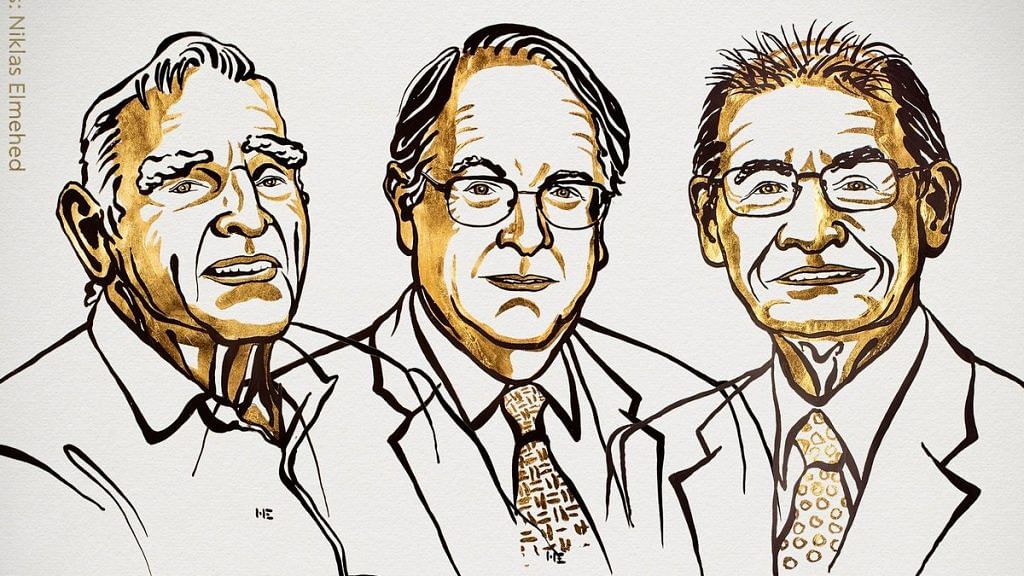Bengaluru: The 2019 Nobel Prize in Chemistry has been jointly awarded to two American scientists and one Japanese scientist for their contributions in the development of the lithium-ion battery.
John B. Goodenough affiliated with the University of Texas at Austin, M. Stanley Whittingham from Binghamton University, State University of New York, and Akira Yoshino affliated with both Asahi Kasei Corporation, Tokyo and Meijo University, Nagoya were awarded the Nobel Prize in Chemistry.
The prize was awarded for development of the lithium-ion battery which has transformed electronics and is found in almost every device around us. The batteries have also enabled the world to go wireless and are now aiding the transition to move to a fossil fuel-free society.
Lithium-ion batteries are not only used in mobile phones and laptops, but also in electric vehicles and other applications of renewable energy that require storage of power.
The idea of the battery came about in the 1970s when Whittingham worked on developing an alternative to energy technologies that depended on fossil fuel. During his research into superconductors, he discovered that lithium-ions were very good at storing energy and created the prototype cathode of a battery using titanium disulphide.
Goodenough built on Whittingham’s findings and used a metal oxide instead of a metal sulphide to develop a new version of the cathode in the 1980s. This was much more efficient than its predecessor which used titanium disulphide rather than his cobalt oxide.
Yoshino then produced the first commercial lithium-ion battery in 1985 using carbon for anode, making it durable and lightweight, as well as rechargeable.
Also read: The 3 Physics Nobel Prize winners who transformed our understanding of the universe
